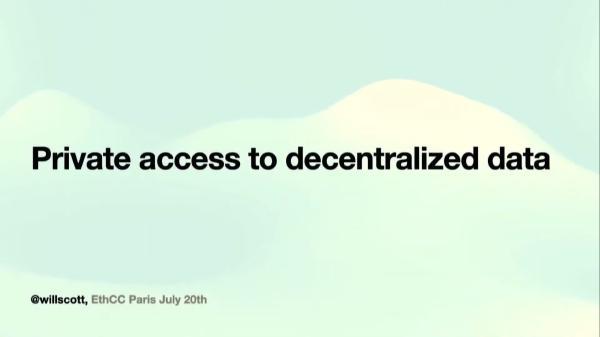Will’s research interests are on access to genuine online services. He believes that Internet access should not be hampered by explicit censorship from government and corporate entities, by integrity failures in online services, and by services that are not yet implemented.


